Rabat, (13 June 2024) — In the wake of the ongoing Gaza conflict, activists in Morocco have intensified calls for a boycott of Coca-Cola and Pepsi, citing the companies' perceived support for Israel. This movement is part of a broader global initiative to boycott Israeli products and companies associated with Israel.
Morocco World News reports that social media platforms in the country are awash with posts bearing the hashtag #BoycottCocaCola. Activists argue that purchasing and consuming Coca-Cola products equates to "drinking the blood of Palestinian brothers." These sentiments are amplified as the conflict in Gaza continues to escalate.
In lieu of American soft drinks, activists advocate for traditional Moroccan beverages. Moroccan mint tea, natural juices, and locally-produced drinks are being promoted as healthier and more patriotic alternatives. Proponents claim that these choices will not only benefit consumers' health but also bolster the local economy.
However, there are concerns about the potential economic fallout from such boycotts. Coca-Cola and Pepsi employ a significant number of Moroccans in their local operations. A substantial drop in sales could lead to job losses, adversely affecting the livelihood of many families.
The boycott is aligned with the broader Boycott, Divestment, and Sanctions (BDS) movement, which aims to apply economic pressure on Israel. The BDS movement seeks to end international support for Israel's policies towards Palestinians by encouraging the boycott of Israeli goods and services and those of companies supporting Israel.
This call for a boycott in Morocco is part of a larger trend seen around the world. Activists globally are urging consumers to reconsider their purchasing choices in light of the Gaza conflict. As the situation develops, the economic and social impacts of these boycotts will likely continue to be a subject of significant debate.
The boycott of Coca-Cola and Pepsi in Morocco highlights the intersection of global politics and local economic realities. While the campaign seeks to show solidarity with Palestinians, it also raises important questions about the consequences for local workers and the broader Moroccan economy. As the conflict in Gaza persists, such calls for action are expected to intensify, reflecting the deepening global divide over the issue.



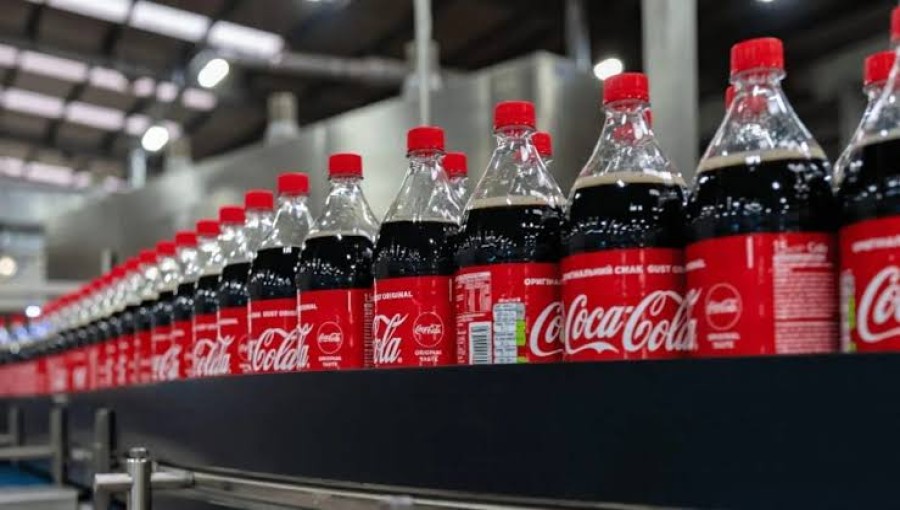
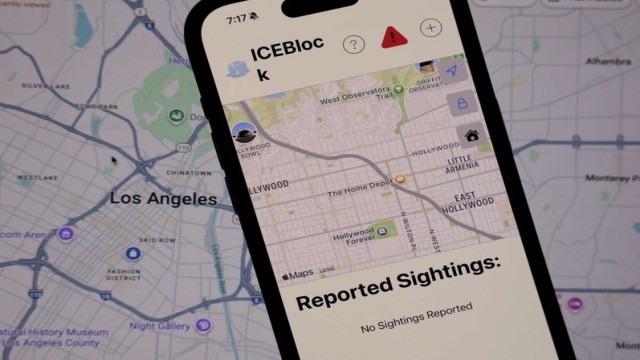
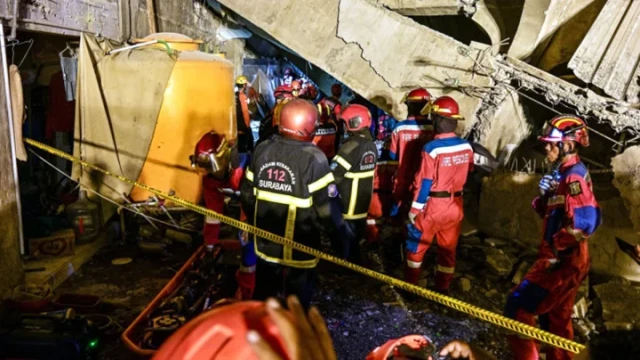



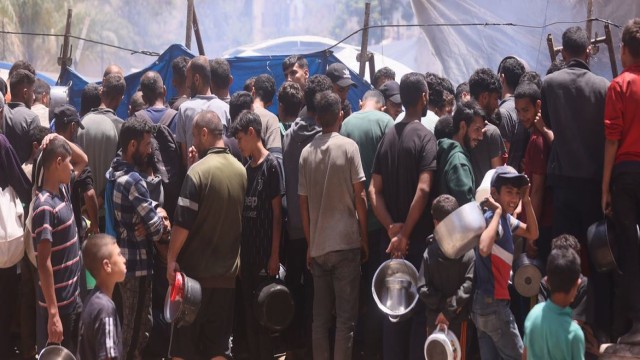
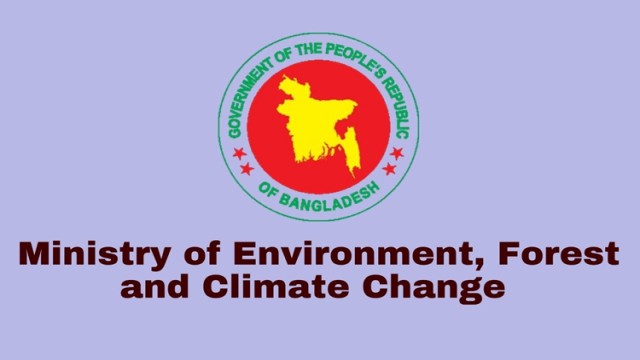

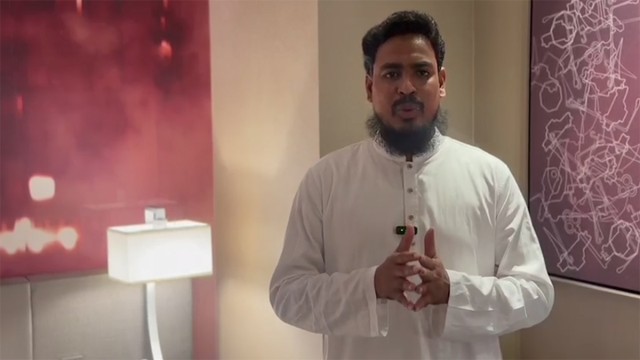
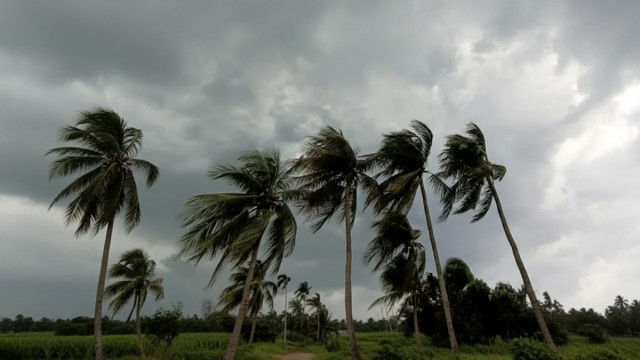
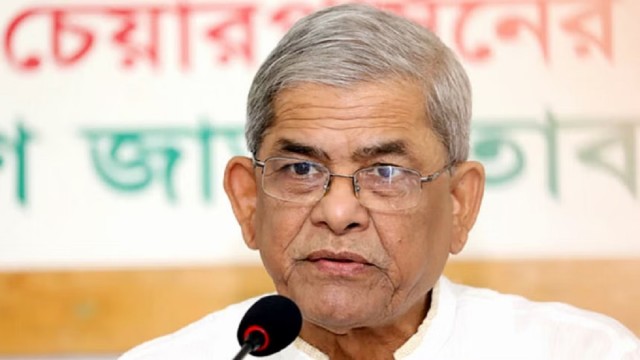


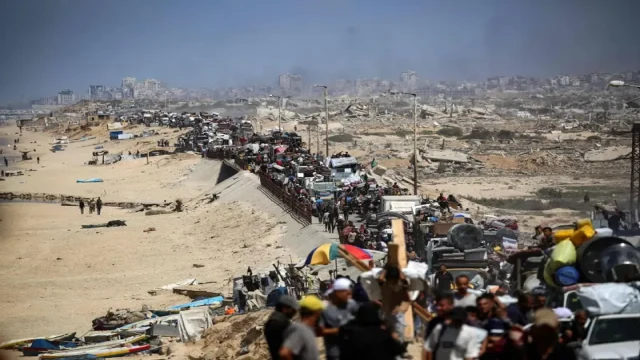
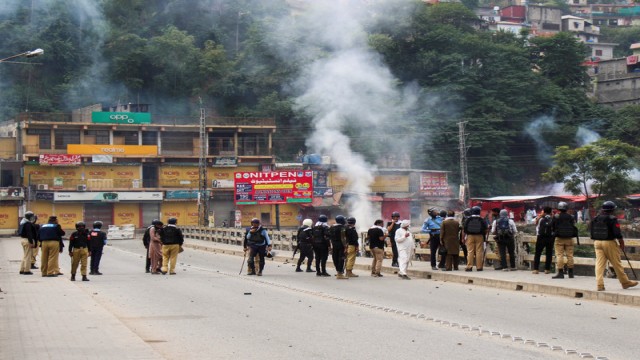



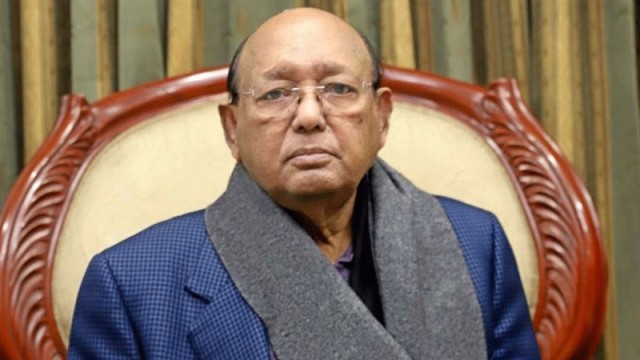
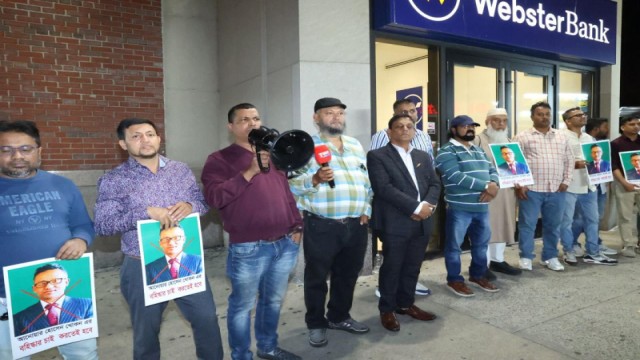

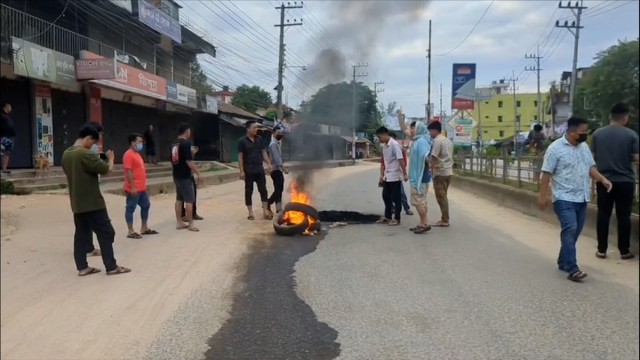
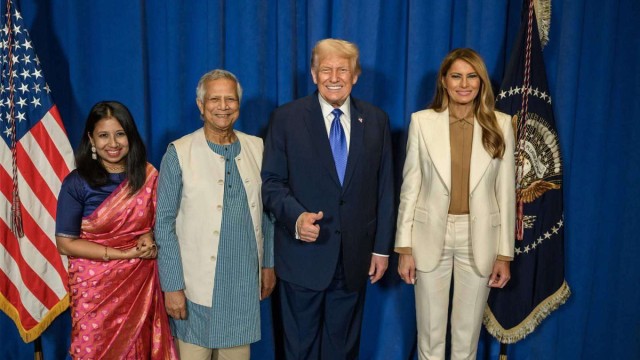



Comment: